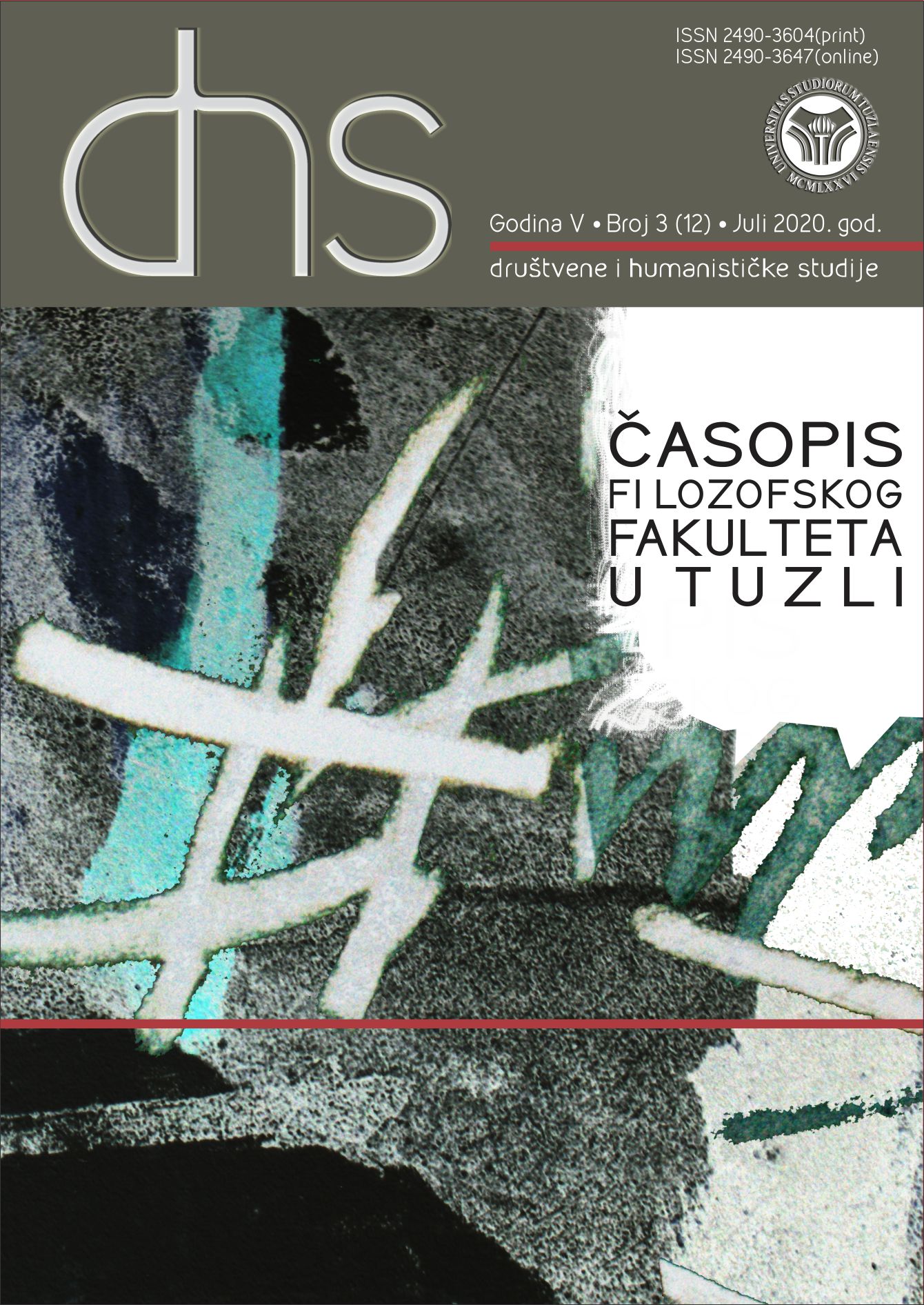Osobine ličnosti, kvaliteta obiteljskih odnosa i kvaliteta vršnjačkih odnosa kao odrednice samopoštovanja kod adolescenata
Personality Traits, Quality of Family Interactions and Quality of Peers Interactions as Determinants of Self-esteem in Adolescents
Author(s): Đenita Tuce, Jadranka Kolenović-Đapo, Indira FakoSubject(s): Personality Psychology, Family and social welfare
Published by: Filozofski fakultet Univerziteta u Tuzli
Keywords: self-esteem; adolescents; family; peers; personality traits;
Summary/Abstract: The aim of this paper was to examine the contribution of adolescents’ personal characteristics, family context variables and peer context variables in explaining the variance of self-esteem during early, middle and late adolescence.The research sample consisted of 344 students (7th and 8th graders) from six elementary schools, 370 students (2nd and 3rdgraders) from five high schools and 357 college students (2nd and 3rd graders) from five higher education institutions. The average age of participants was M=12.6 (SD= .63) for elementary school students, M=16.5 (SD= .57) for high school students and M=20.6 (SD=1.17) for college students. The following instruments were applied: Socio-demographic Features Questionnaire, Big Five Questionnaire, Big Five Questionnaire for Children, Parental Acceptance-Rejection Questionnaire, Family Adaptability and Cohesion Evaluation Scale, Friendship Quality Questionnaire, Inventory of Peer Attachment-Revised and Self-esteem Scale. The results of hierarchical analyses indicate that decribed set of predictor variables account for 48% of total variance of self-esteem in young adolescents, 41% of total variance of self-esteem in middle adolescents and 46% of total variance of self-esteem in older adolescents. Considering personality and peer context variables, in all three adolescent groups, the self-esteem was significantly predicted by emotional stability/emotional instability and energy, and by perceived quality of attachment with peers, respectively. With respect to family context variables, the self-esteem was significantly predicted by perceived family cohesion and adaptability in young adolescents, by perceived parental acceptance-rejection of mothers in middle adolescents and by perceived parental acceptance-rejection of both (mothers and fathers) in older adolescents. The results of this study clearly indicate the necessity of taking into account the different forms of family and peer interactions, as well as the developmental specificities of particular period of adolescence, when considering personal and environmental determinants of self-esteem in adolescents.
Journal: DHS-Društvene i humanističke studije: časopis Filozofskog fakulteta u Tuzli
- Issue Year: XII/2020
- Issue No: 12
- Page Range: 279-308
- Page Count: 30
- Language: Bosnian

